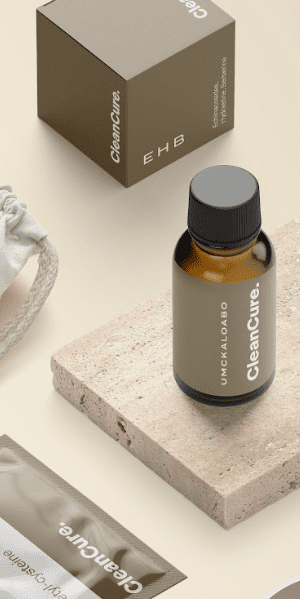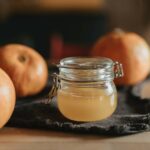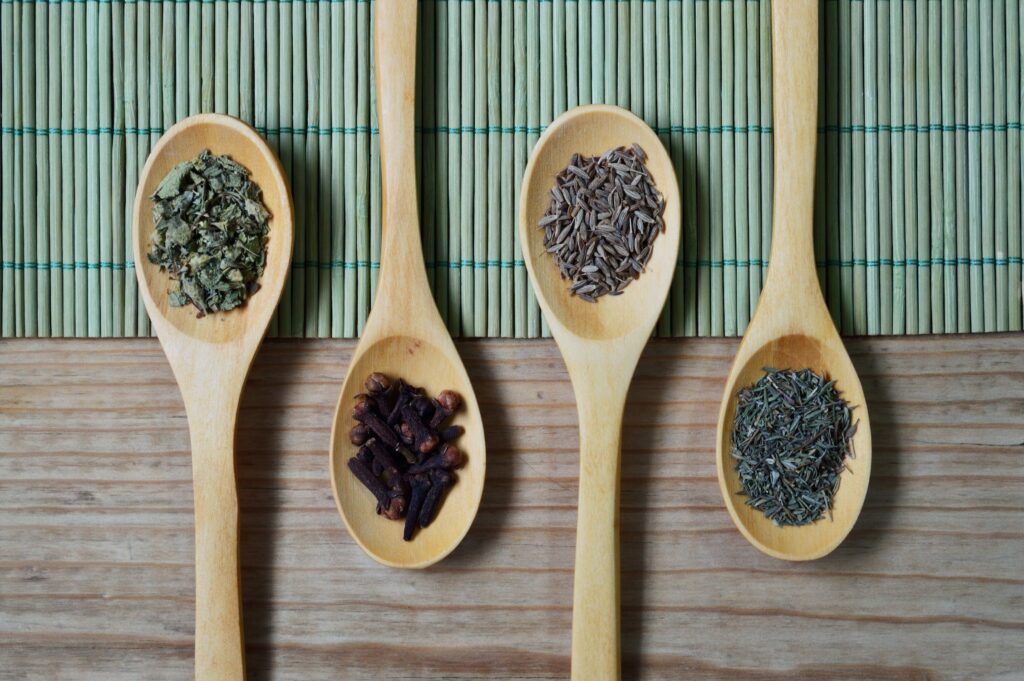
Image Source: Miguel Á. Padriñán
Herbs can actually be a great natural treatment option for sinus infections. The best herbs for sinus infection treatment include chamomile, umckaloabo, thyme, horehound, saffron, nettle and mint, kudzu root, yerba santa, angelica root, licorice, goldenseal, chrysanthemum, burdock, xanthium, echinacea, and oregano.
With the right herbs and proper guidance like consulting a naturopathic healthcare provider and avoiding stress and food triggers, you’ll be on your way to breathing easier because of your natural yet effective sinusitis treatment — and finally saying goodbye to those sinus woes!
Rounding Up The Best Natural Herbs For Sinus Infection
Sinus infections can be a real pain in the nose. But luckily, there are some herbs out there that can help you feel better. These natural remedies can work wonders in clearing up nasal congestion and soothing those pesky sinus symptoms.
Without further ado, here are the best herbs for sinus infections, along with the proper way to use them and their dosage:
1. Chamomile
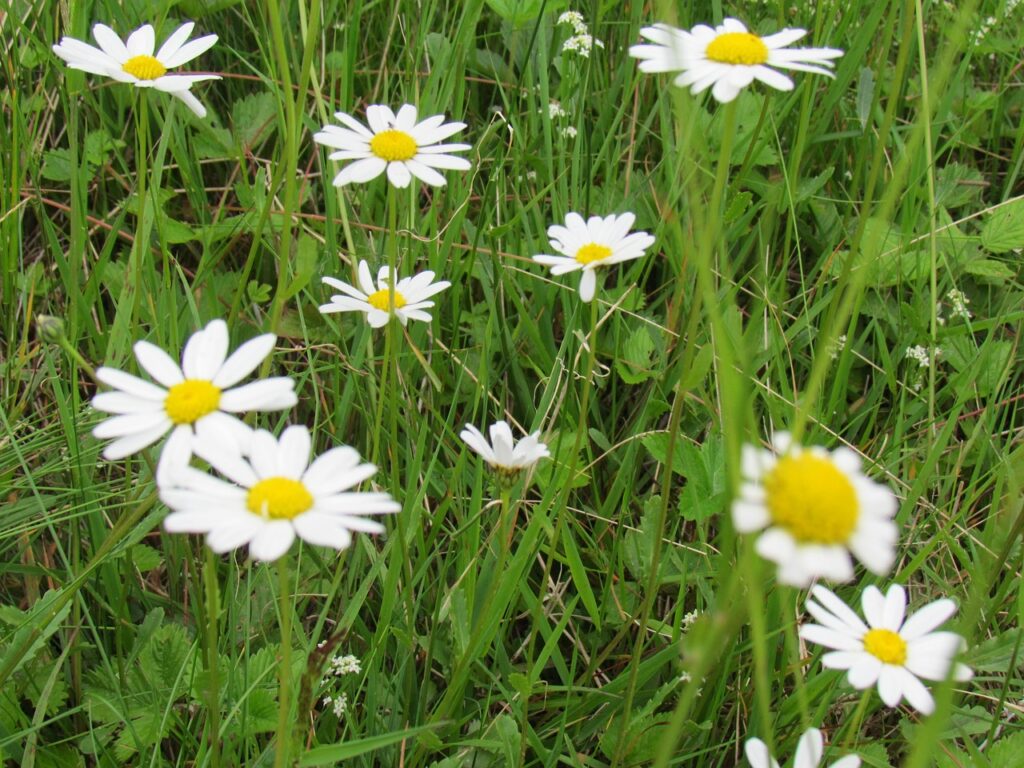
Chamomile, one of the best herbs for sinus infections, is not only known for its calming properties, but it can also help warm and moisten your respiratory airways, making it easier for you to breathe.
One effective way to use chamomile for sinus infections is through chamomile inhalation. Here’s how you can do a steam inhalation: Take a handful of chamomile flowers and boil them in about 1.5 to 2 liters of water for 5 to 10 minutes. Then, carefully cover the pot with a towel and lean over it, making sure to not get too close to avoid burning yourself. Inhale the fragrant steam, keeping your face at least 10 inches away from the pot, for at least 10 minutes.
2. Umckaloabo
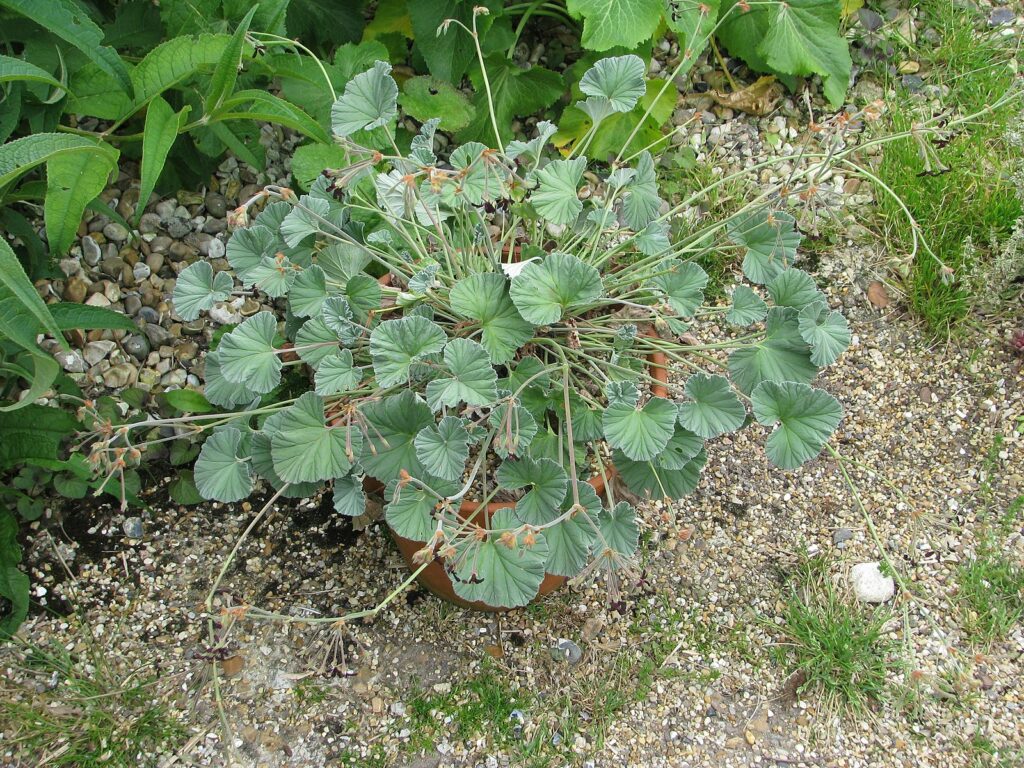
Umckaloabo is one of the best herbs for sinus infections — a powerful herb that has been used for centuries in traditional medicine to treat various ailments, including viral sinus infections.
One of the key benefits of Umckaloabo is its antimicrobial effects. This means that it has the ability to kill harmful microorganisms, such as bacteria and viruses, that can cause viral sinus infections.
By targeting these pathogens, Umckaloabo helps reduce the inflammation and congestion in your nasal passages, providing relief from symptoms like a runny nose and nasal congestion.
Umckaloabo is especially effective in reducing symptoms of acute rhinosinusitis. It can also help alleviate the symptoms of the common cold, which often includes nasal congestion and a stuffy nose.
To use Umckaloabo for your sinus infection, you can find it in the form of a supplement or a tincture. Follow the recommended dosage instructions on the product label, and you should start experiencing relief from your sinus infection symptoms.
3. Thyme And Honey
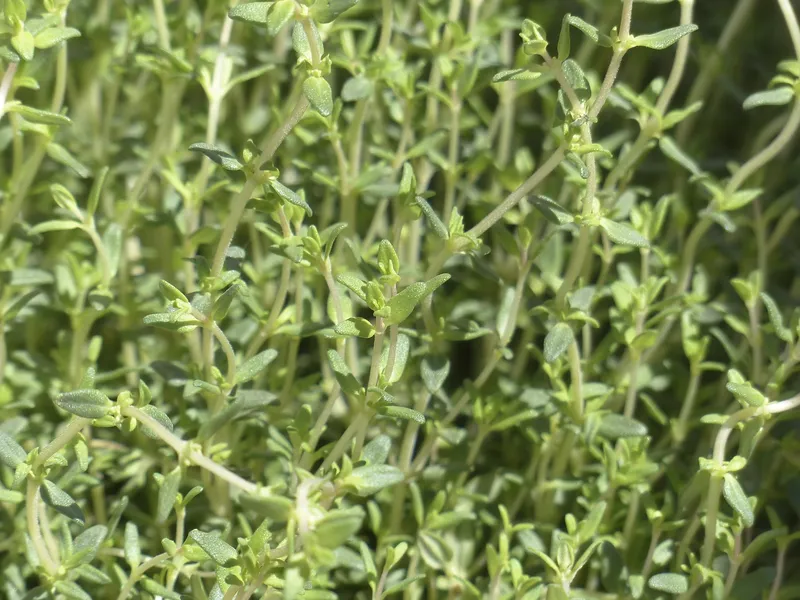
If you’re looking for a natural way to find relief from a sinus infection, one of the best herbs for sinus infections is thyme. When combined with honey, it creates a powerful infusion that can help alleviate your sinus infection symptoms.
Thyme and honey infusion is rich in anti-inflammatory and antiseptic substances, making it effective in combating the bacteria and viruses that cause viral sinus infections. It also acts as an expectorant, helping to break up and eliminate excess nasal secretions that can clog up your mucous membranes.
To make this soothing infusion, you will need a few simple ingredients: dried thyme leaves and honey. If you’re allergic to honey, propolis, or pollen, do not add honey to the infusion.
Here’s how to prepare the thyme and honey infusion for sinus infection relief:
1. Boil one cup of water in a small saucepan.
2. Add one teaspoon of dried thyme leaves to the boiling water.
3. Reduce the heat and let the mixture simmer for about 10 minutes.
4. Remove the saucepan from the heat and let it cool for a few minutes.
5. Strain the mixture through a fine-mesh sieve to remove the thyme leaves.
6. Optionally, you can add one or two teaspoons of honey to sweeten the infusion and enhance its natural antibacterial activity.
7. Stir well and let the mixture cool down completely.
8. Pour the thyme and honey infusion into a cup or mug and drink it slowly.
Sipping on this warm infusion a few times a day can provide soothing relief for your sinus infection symptoms. Its anti-inflammatory and antiseptic properties help reduce inflammation and combat bacteria, while its expectorant qualities assist in clearing up excess nasal discharge.
4. Horehound
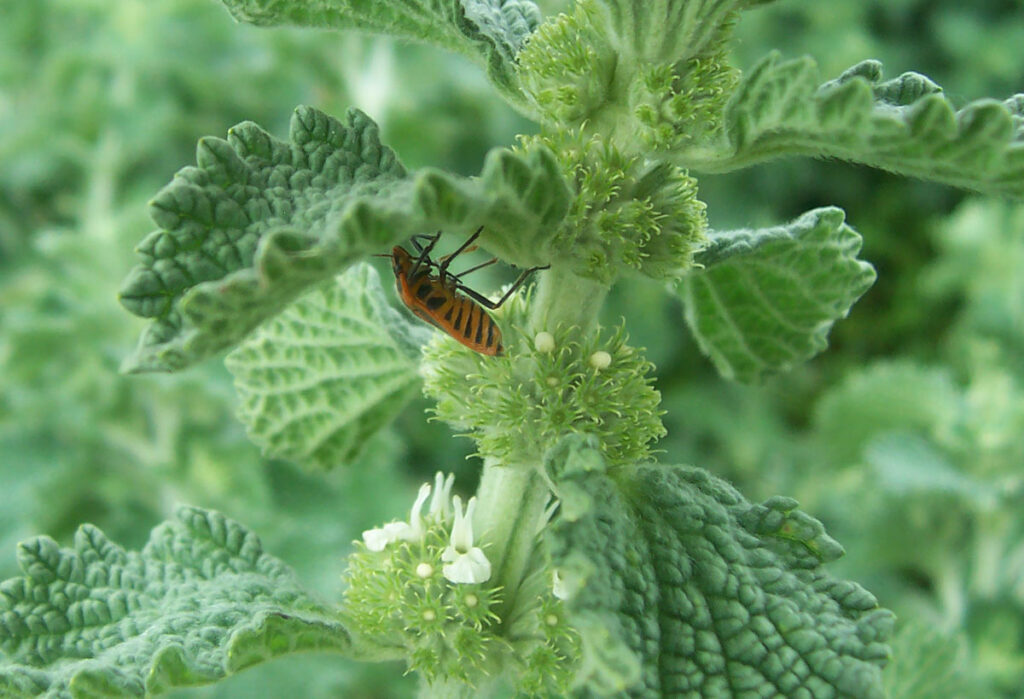
Image Source: Wikimedia Commons
Horehound is one of the best herbs for sinus infections that has been used for centuries to treat various health issues, including viral sinus infections. It contains special properties that can help thin nasal discharge, making it easier for you to breathe and relieving that stuffy nose feeling.
Horehound also has amazing antibacterial and antiviral properties. This means that it can help fight off the infections that cause sinus issues in the first place.
Also, Horehound has soothing properties that can help calm down the irritated tissues in your nasal polyps. This can provide some much-needed relief from that constant running or itchy nose. You can find it in the form of teas, capsules, or even as a fresh herb.
5. Saffron
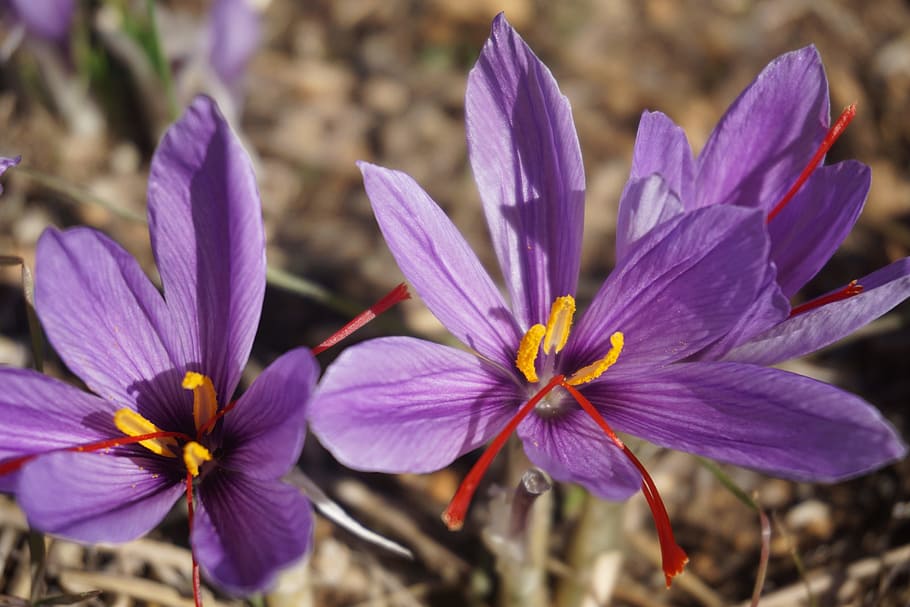
Saffron is one of the best herbs for sinus infections not only known for its vibrant color and distinct flavor but also because of its powerful anti-inflammatory properties. These properties make it an excellent herb for treating sinusitis.
One way to enjoy the benefits of saffron is by making saffron tea. Simply boil 1 cup of water and add 1 shallow teaspoon of saffron flowers or curcumin powder. Let it steep for a few minutes, then strain and enjoy. Drinking 2 to 3 cups of saffron tea per day can help reduce inflammation and relieve your sinus infection symptoms.
If brewing tea isn’t your cup of tea, you can also take saffron in capsule form. Look for curcumin capsules, as curcumin is the active compound found in saffron. A recommended dosage of 1 gram per day can provide you with the anti-inflammatory benefits needed to combat sinusitis.
6. Nettle And Mint

Nettle leaves, also known as “stinging nettle,” may not sound very appealing, but they are one of the best herbs for sinus infections. These leaves contain anti-inflammatory properties, which means they can help reduce the swelling and irritation in your sinuses.
Mint (mentha piperita), on the other hand, is known for its soothing and refreshing properties that can avoid allergic reactions. It has both anti-allergic and decongestant effects, making it an ideal herb for viral infections.
You’ll need a few simple ingredients to make nettle and mint tea: nettle leaves, mint, and eucalyptus honey. Start by boiling a cup of water and adding a handful of nettle leaves and a few mint leaves. Let the herbal formula simmer for a few minutes, then strain the mixture into a mug. Add a teaspoon of eucalyptus honey, and give it a good stir.
7. Kudzu Root
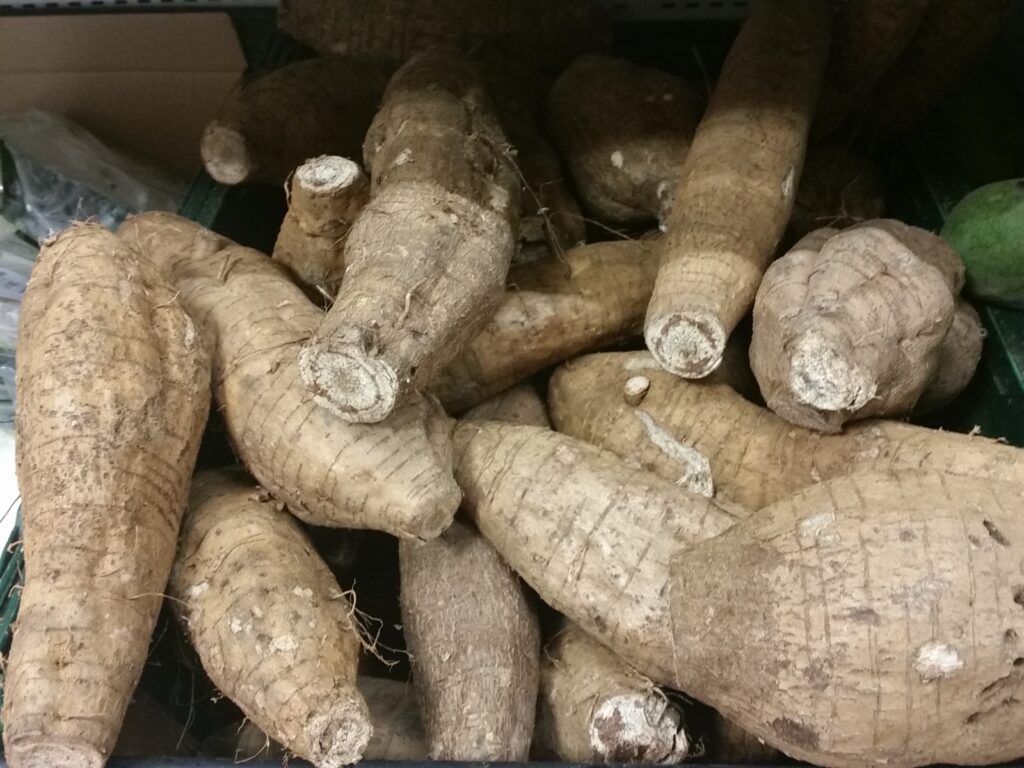
It might sound like a funny name, but this herb has been used in traditional Chinese Medicine for centuries to treat various ailments, including bacterial sinus infections.
One of the key benefits of Kudzu Root is its ability to alleviate sinus congestion and headaches. Kudzu Root contains antioxidant properties that help reduce inflammation and sinus pressure, allowing for improved airflow and relief from congestion. By taking Kudzu Root, you may find that your sinus headaches become less severe or even disappear altogether.
This Chinese medicine is also known for its analgesic effects, which means it can reduce physical discomfort. When your sinuses are infected, you may experience facial pain, pressure, or a general feeling of discomfort.
The Kudzu Root is commonly available in pre-measured capsule form. This makes it easy to incorporate into your daily routine. Consistency is key when it comes to herbal medicines, so make sure to take Kudzu Root regularly for optimal results.
8. Yerba Santa
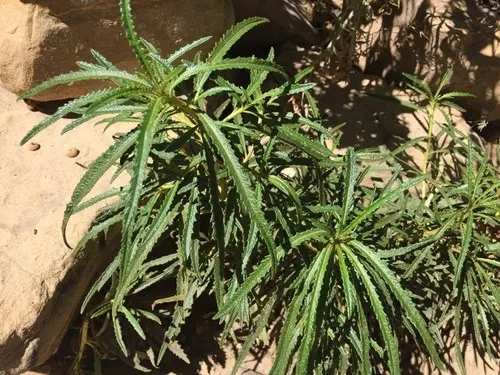
The Yerba Santa has been used for centuries by Native Americans to treat sinus congestion and respiratory issues and is considered to be one of the best herbs for sinus infections.
Yerba Santa, also known as “holy herb,” is a plant native to North America. It has a long history of traditional use in Native American medicine, particularly for respiratory conditions. The leaves of the Yerba Santa plant contain beneficial compounds that can provide relief from sinus congestion and other common symptoms associated with respiratory infections.
One of the key benefits of Yerba Santa is its ability to act as an expectorant. This means that it helps to loosen and expel mucus from the respiratory tract, making it easier for you to breathe.
Not only does Yerba Santa help with congestion, but it also has antimicrobial activity. This means that it can help fight against the bacteria or viruses that may be causing your sinus infection.
Yerba Santa is commonly available in the form of teas or tinctures. You can easily find it at health food stores or online. It’s recommended to drink Yerba Santa tea a few times per day or as directed by a healthcare professional.
9. Angelica Root
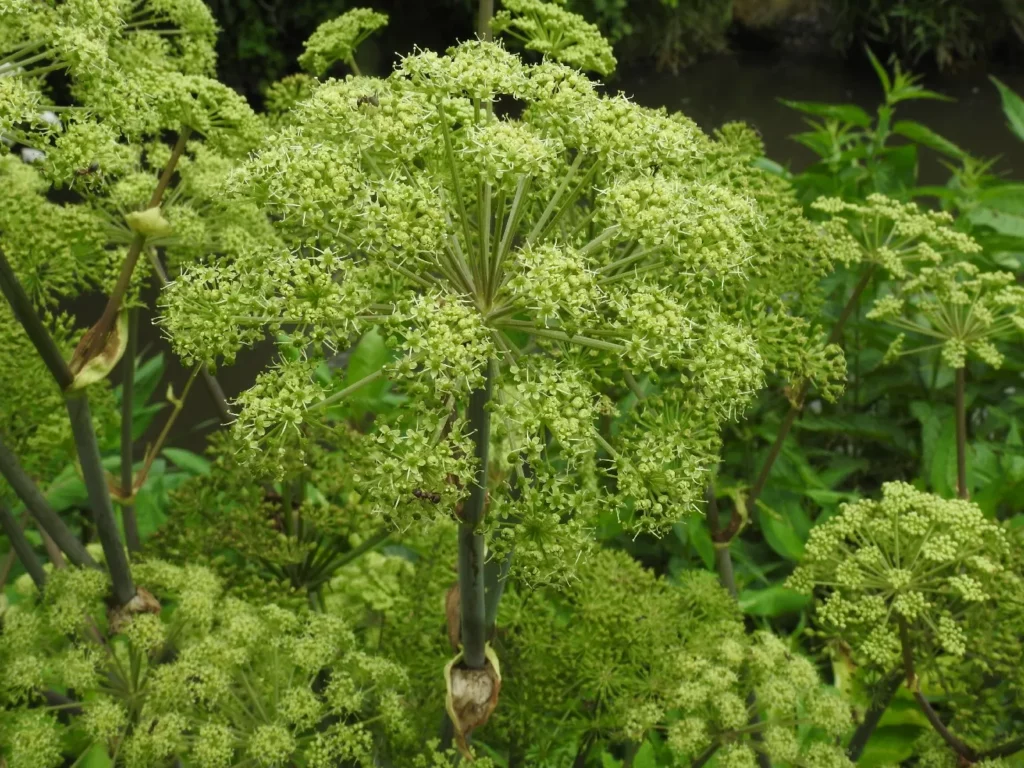
Angelica Root is one of the best herbs for sinus infections — a powerful herb that has expectorant properties. This means that it can help to loosen and expel mucus from your respiratory system. By taking Angelica Root, you can expect relief from these symptoms as it helps to clear the excess mucus and open up your airways. It also has the incredible ability to reduce swelling in the nasal cavity.
Another great benefit of Angelica Root is its potential to stimulate your immune system. When you have a sinus infection, it means that your immune system is working hard to fight off the infection. You can give your immune system a boost, helping it to fight the infection more effectively and potentially speeding up your recovery.
There are various ways you can incorporate Angelica Root into your routine. It is commonly available in the form of herbal teas, tinctures, or capsules. You can easily find it at health food stores or online.
10. Licorice
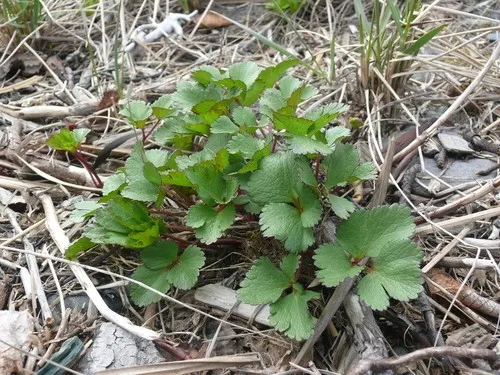
Licorice is one of the best herbs for sinus infections that can help you find relief from the symptoms of sinusitis. This natural remedy has some incredible benefits that can help in sinus drainage.
Licorice root has anti-inflammatory properties. This means that it can reduce the inflammation in your sinuses, which is a major cause of discomfort when you have a sinus infection. Licorice also has antimicrobial properties, which means that it can help fight off those nasty bacterial infections that can cause sinus issues.
There are various ways you can use licorice to help with your sinus infection. One popular method is to drink licorice tea. You can find licorice tea bags at your local health food store, and simply steep them in hot water and drink it throughout the day. The warm liquid can help soothe your inflamed sinuses and provide relief.
Another way to use licorice is as a nasal rinse. You can make a saline solution with warm water and add a few drops of licorice extract. Then, using a Neti pot or a nasal spray bottle, you can rinse your nasal passages with this solution. This can help to flush out any bacteria or mucus that might be causing your sinus issues.
11. Goldenseal Root
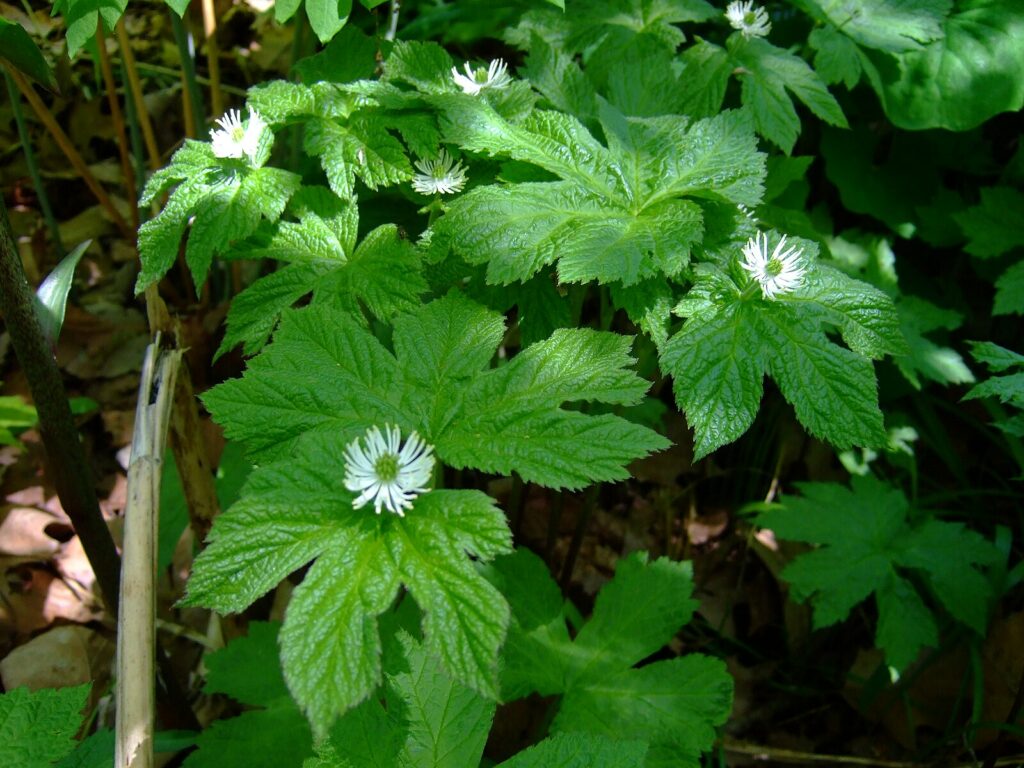
If you’re looking for the best herbs for sinus infection, one that you should definitely consider is Goldenseal Root. This powerful herb has been used for centuries in traditional herbal medicine to treat a variety of conditions, including viral sinus infections.
One of the key benefits of Goldenseal Root is its antimicrobial properties. This means that it can help to kill or inhibit the growth of bacteria that may be causing your sinus infection.
Goldenseal Root is also known for its anti-inflammatory properties. Sinus infections can cause inflammation in your nasal passages, leading to symptoms like a stuffy or runny nose.
Goldenseal for sinus infection is available in various forms, such as capsules, tinctures, or teas. Follow the recommended dosage instructions on the product packaging and consult with a healthcare professional if you have any concerns or questions.
12. Chrysanthemum
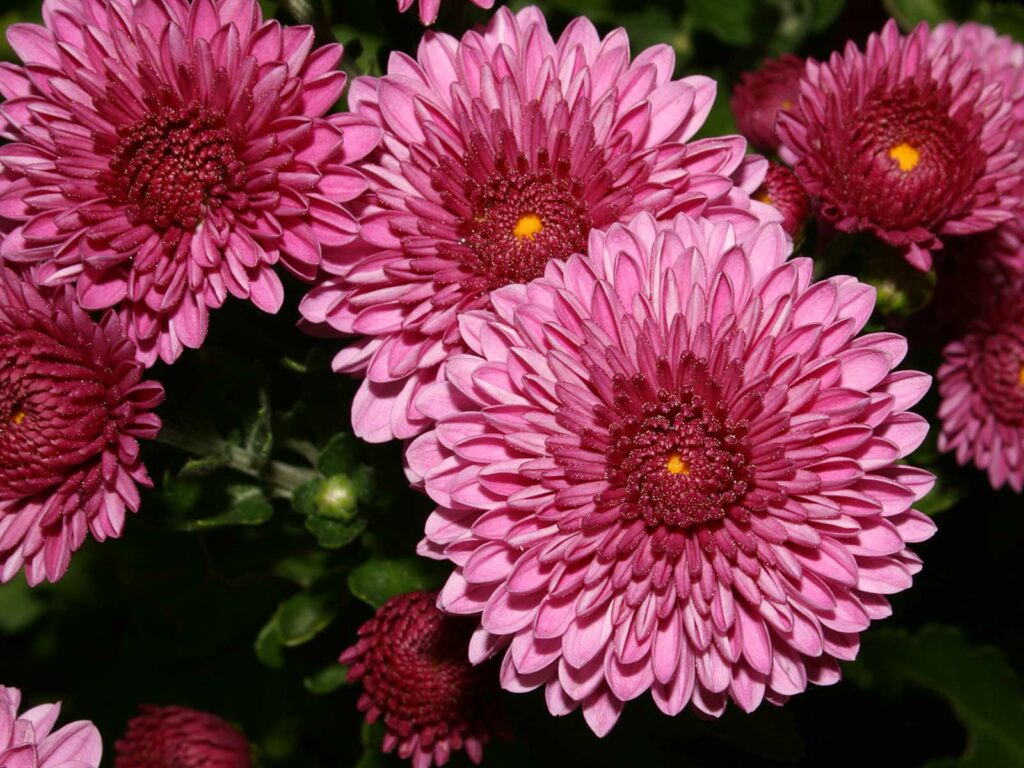
Image Source: Goffle Brook Farms
Chrysanthemum is a beautiful flower commonly used in herbal medicine for its incredible health benefits. When it comes to chronic sinusitis, chrysanthemum is one of the best herbs for sinus infections as it can be a helpful herb to alleviate symptoms like sinus congestion and sore throat.
One of the main reasons chrysanthemum is effective is because it contains powerful antioxidant properties. Antioxidants help to combat harmful substances called free radicals in our bodies. These free radicals can cause inflammation and damage to our cells, exacerbating symptoms of sinus congestion.
Another benefit of chrysanthemum is its anti-inflammatory effects. Sinus infections often lead to inflammation in the sinus cavities, causing discomfort and congestion. The anti-inflammatory compounds in chrysanthemum can help to reduce this inflammation, providing relief from stuffy noses and promoting better breathing.
You have a few options for incorporating chrysanthemum into your natural treatment. One way is to enjoy it as a pleasant tea. Simply steep dried chrysanthemum flowers in hot water for a few minutes, strain, and sip on the warm tea.
If you prefer a more concentrated dosage, chrysanthemum can also be found in capsule form.
13. Burdock Root
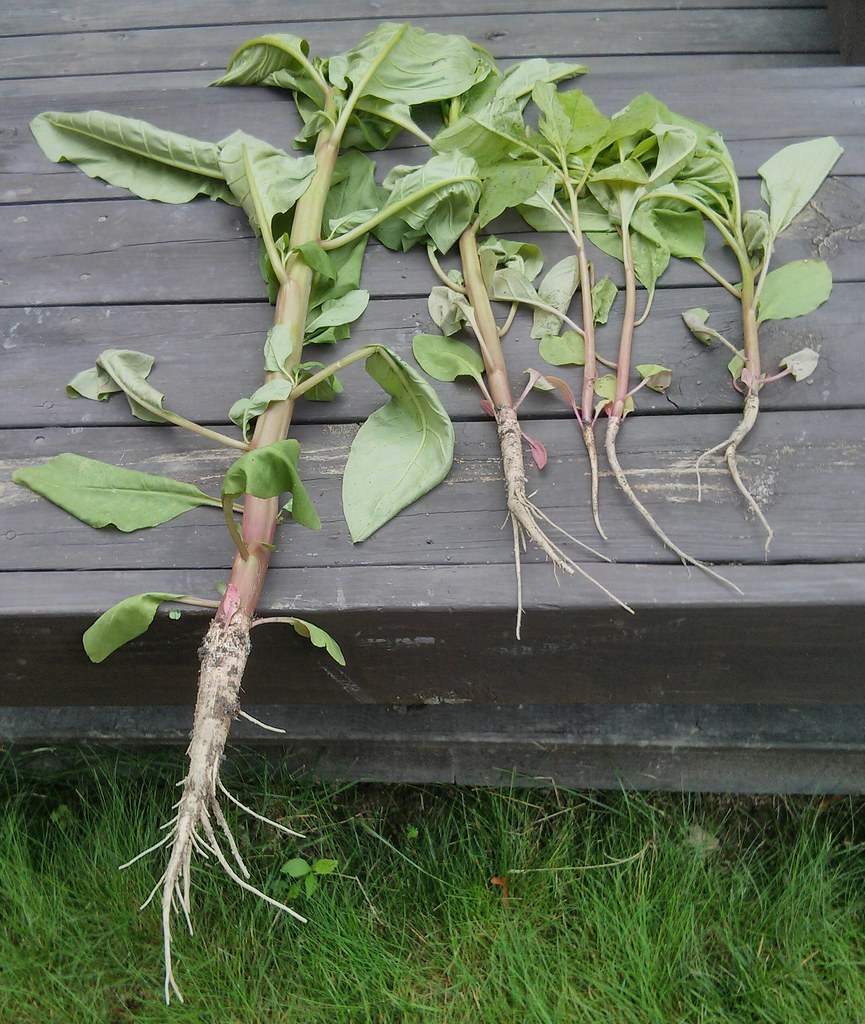
If you’re suffering from a sinus infection, you might be searching for natural remedies to find relief from the discomfort. One of the best herbs for sinus infections is Burdock Root.
One of the main reasons Burdock Root is effective in treating sinus infections is because of its anti-inflammatory and antibacterial properties. Burdock Root’s anti-inflammatory effects can help reduce this inflammation, providing relief from stuffy noses and promoting better breathing.
This medicinal plant’s antibacterial properties can also potentially support your body in fighting off harmful bacteria and promote a quicker recovery.
To incorporate Burdock, simply steep dried Burdock Root in hot water for a few minutes, strain, and sip on the warm tea. This can help relieve sinus congestion and promote healthy nasal passages. You can also find this in capsule form for a more concentrated dosage.
14. Xanthium Fruit
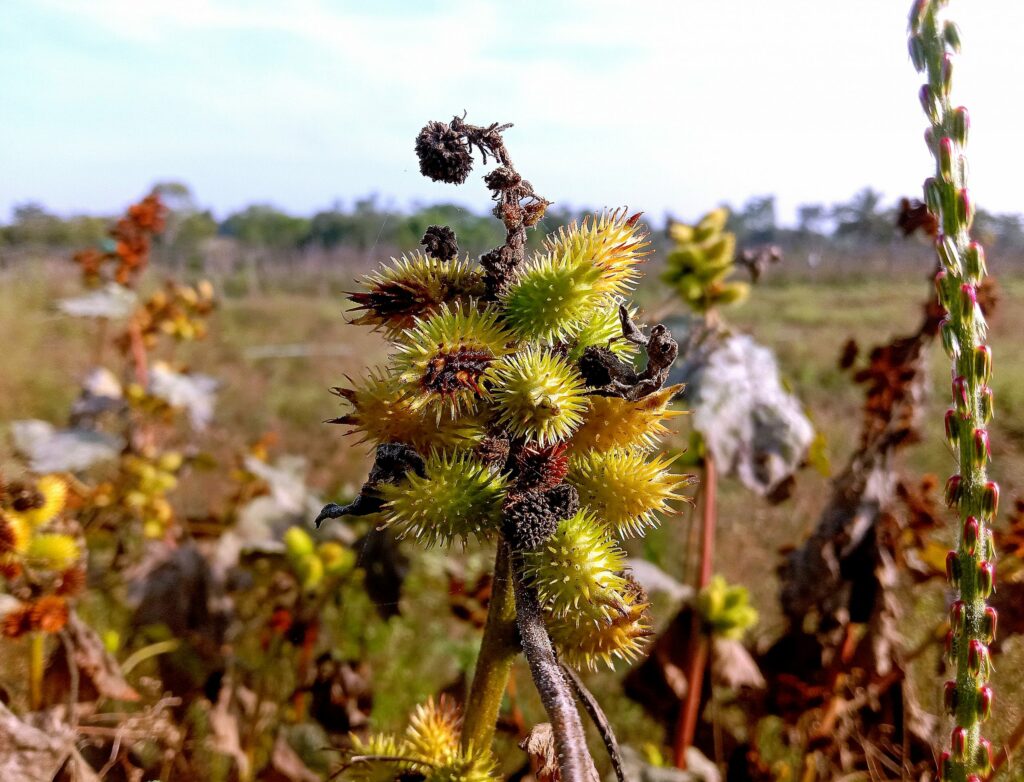
Xanthium Fruit (Xanthium Strumarium L.), one of the best herbs for sinus infections, is a natural remedy known for its ability to provide relief from sinus congestion and allergy symptoms. Xanthium Fruit contains a high amount of Vitamin C, which is great for boosting your immune system. A strong immune system can help you fight off infections, including sinus infections.
This herbaceous plant also contains an antibacterial compound called xanthol. This compound has been found to have antibacterial effects, which can be helpful in fighting off any bacteria that may be causing your sinus infection.
Another benefit of Xanthium Fruit is how it can help alleviate this inflammation and provide relief from these symptoms. You can find Xanthium Fruit in capsule form or enjoy it as a tea.
15. Echinacea

Image Source: Kingsbrae Garden
One of the main reasons why Echinacea is thought to be one of the best herbs for sinus infections is because it has immune-boosting effects. Your immune system is your body’s defense against harmful bacteria and viruses, and a strong immune system can help you fight off infections, including acute sinusitis.
Another great thing about Echinacea is its ability to reduce inflammation. Sinus infections often cause swelling and inflammation in the nasal passages, which can lead to uncomfortable symptoms like congestion. Echinacea can help to reduce this inflammation and provide relief from those stuffy noses.
There are different ways you can use Echinacea to help with acute sinusitis. You can find Echinacea in the form of teas, tinctures, or capsules. Drinking Echinacea tea can be a soothing way to get the benefits of this herb, while tinctures and capsules offer a more concentrated dose.
16. Oregano
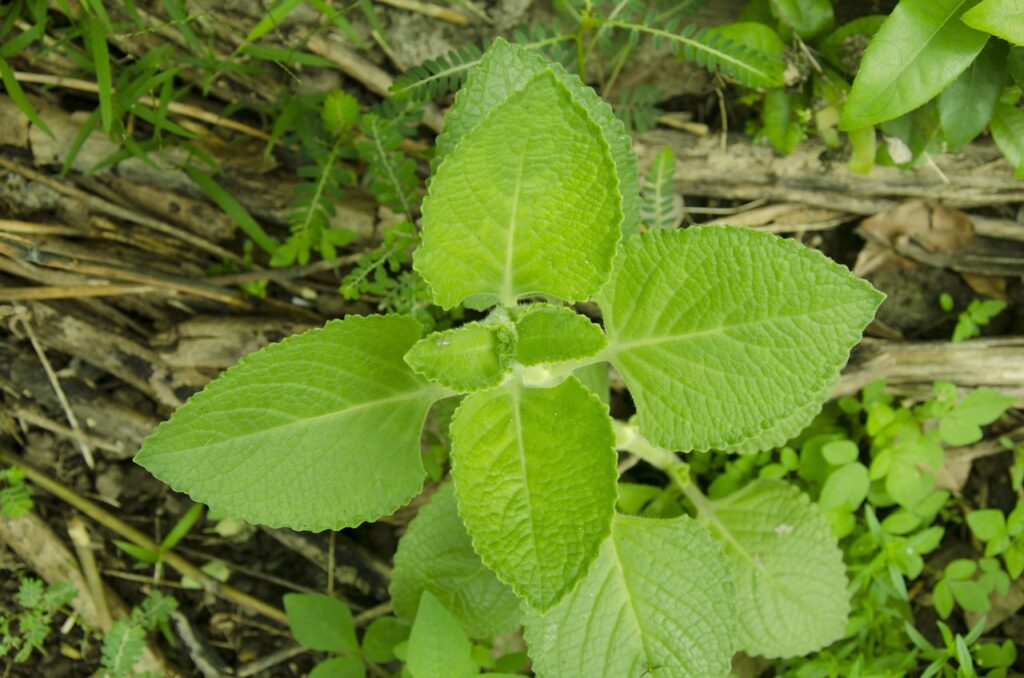
Image Source: Poiema Design Studio
Oregano is one of the best herbs for sinus infections. One of the reasons why oregano oil is so effective is because of its antimicrobial properties. This means that it has the power to fight against harmful bacteria and viruses that may be causing your sinus infection.
When you have chronic rhinosinusitis, the nasal passages can become inflamed and swollen, leading to discomfort and congestion. Oregano oil can help to reduce this inflammation and provide relief. It can also help to relieve other sinus symptoms such as a runny nose, nasal congestion, and facial pain.
There are a few different ways you can use oregano oil for your sinus infection. You can take it orally by adding a few drops to a glass of water or juice. However, it’s important to note that oregano oil is very potent and should always be diluted before consumption. You can also use oregano oil topically by diluting a few drops in carrier oil, such as olive oil, and applying it to your sinus areas.
While oregano oil can be extremely beneficial for sinus infections, it’s important to use it with caution. It’s always best to consult with a healthcare professional before using any herbal remedies, especially if you have any pre-existing medical conditions or are taking medication. Oregano oil may cause negative side effects, such as skin irritation if used topically without proper dilution.
Use Herbs Along With Other Natural Remedies For Sinusitis
When it comes to treating sinus infections, our detailed list of herbs for sinusitis can be a great natural remedy. But using herbs in a combination of effects with other natural remedies can enhance and provide you with a more effective treatment.
By combining the best herbs for sinus infections with other holistic approaches such as natural saline nasal sprays, using oils, and nasal irrigation or buying them as a set like CleanCure’s Sinus Infection CureKit— along with the guidance of a naturopath in Portland, you can tackle sinus symptoms head-on and help speed up the recovery process and improve your quality of life without depending much on Western medicine.
